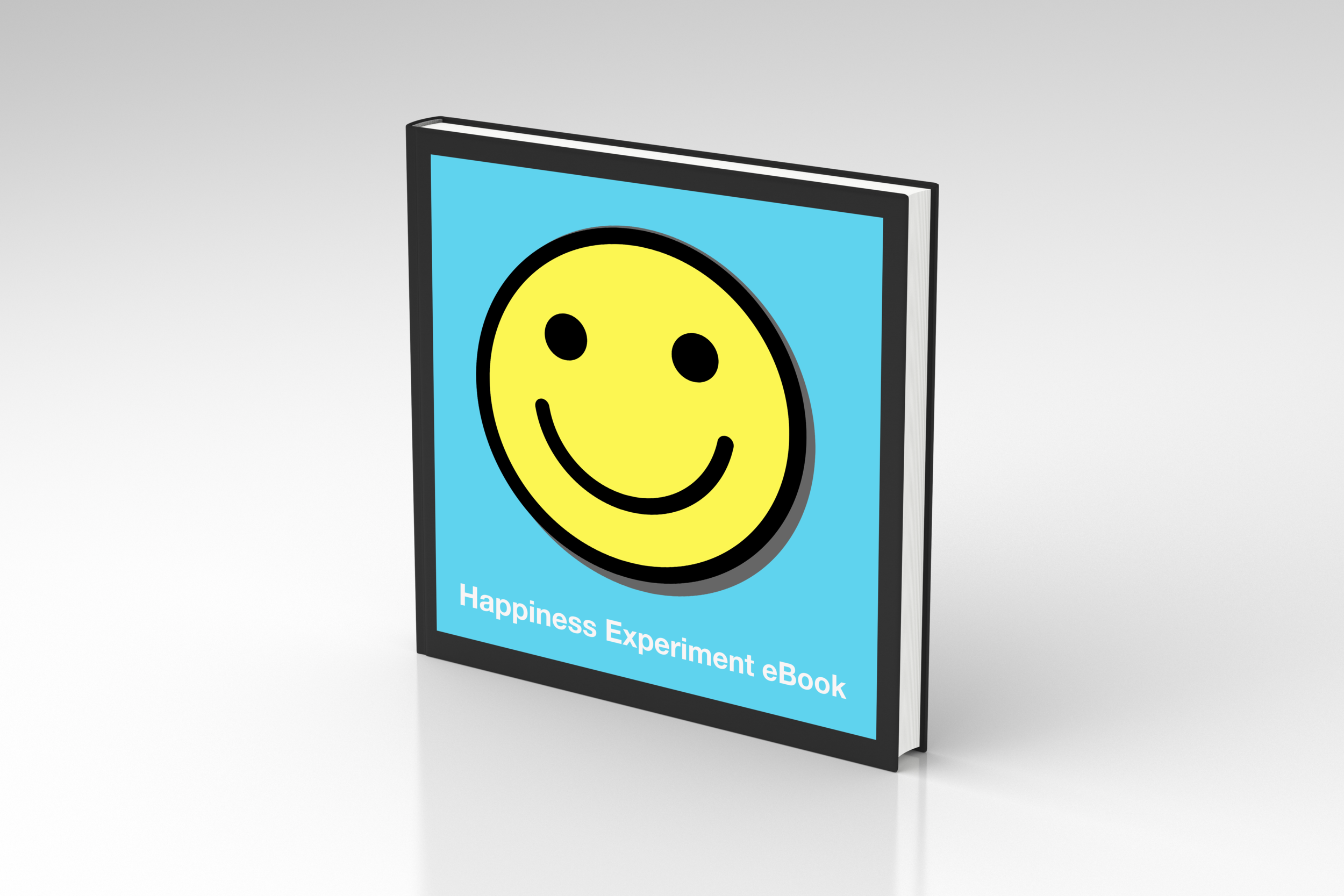#FeelingsMatter!
Feelalytics produces the #FeelingsMatter podcast. Join us for live podcasting to ask questions about emotions or share your views… weekly on YouTube, Facebook, Twitter or wherever you listen to podcasts.

Grief: You’re Not Alone
Grief is the natural reaction or response to loss, especially of a loved one in which a bond or affection was formed. Some examples of loss associated with strong feelings of grief include the death of a loved one, leaving home, illness, or job loss. Regardless of where the sorrow stems from, you may find yourself feeling numb, empty, and unable to carry on with your daily routine. At times, you may be suffering from grief and not even be aware of it. When overwhelmed with these negative thoughts or experiencing grief, the way we overcome it is by first addressing the grief.

Empathy: the Net Emotional Index
The past year of social distancing and remote working has turned our ideas of what the workplace should be on its head. Trying to gage how well an employee is dealing with stress at work and at home over Zoom or Slack is nearly impossible.
There is a need for psychologically safe ways to ask for and get emotional feedback in the workplace. Inspired by the Net Promoter Score, Mindful Appy CEO, Tina Schweiger, has developed a way to track the emotional state of a group of people with the Net Emotional Index.

Happiness: Why We Value It So Highly
With thousands of books, songs, even podcasts surrounding the topic, you would think that we have unmasked some surefire formula to achieve happiness. However, the reality is that happiness is fleeting, destined to come and go all throughout our lives. But this temporary nature of happiness, as well as all of our emotions, is what enables us to feel them.


Understand Organizational Emotional Health
Find out how people really feel about something
There are times in a company’s lifecycle when things need to change, but it is difficult to gage how that change will affect the people responsible for implementing the changes. Often the feedback needed to guide successful, healthy change is not exactly politic.

Can Mindfulness Make Me Feel Happier?
Well, if you want a guaranteed “life hack” to feeling happier, no. Mindfulness won’t change your emotional experience. It won’t change the circumstances around you. Mindfulness will, however, help you to be more aware of your emotional experience. It is a skill that can help you in your happiness journey.

The first language-less emotional pulse is ready for testing
WeFeel uses an anonymous system that does not identify individual respondents. When somebody responds with an emoji, there is no context around who they are. Their identity and their age, gender, and ethnicity are all stripped away, leaving only the emotion felt based on an emoji. This allows people to feel comfortable providing feedback that they might otherwise keep to themselves when their feelings can be traced back to them.

How do emoji work as a form of communication?
In many ways! As a form of self expression or pre-literate or cross-language communication, they can share a feeling, make a joke, or subversively suggest. At WeFeel, we are setting up a technological platform that will help find trends in emoji use, determine the effectiveness of emoji as a high-engagement feedback mode, and leveraging the power of the tiny text image as a method of discovering emotional trends.

Why do we use emoji?
Emoji’s rise to popularity showcases how a simple little image can help one person relate to another and share their emotions. Emojis can be used by pre-literate children, under-literate adults, and across cultural divide.

Conduct a happiness experiment on yourself.
Download a free eBook that will give you a framework to conduct a 2-week “happiness experiment” on your life. Read about how science experiments and design experiments are similar and different, and how they might work together.
Learn More About Mindful Appy
〰️
Learn More About Mindful Appy 〰️
